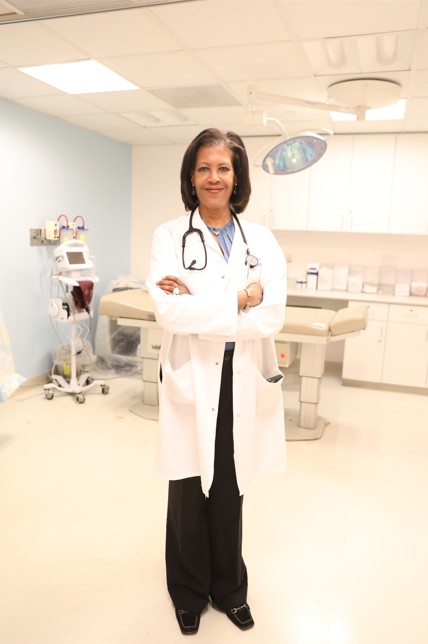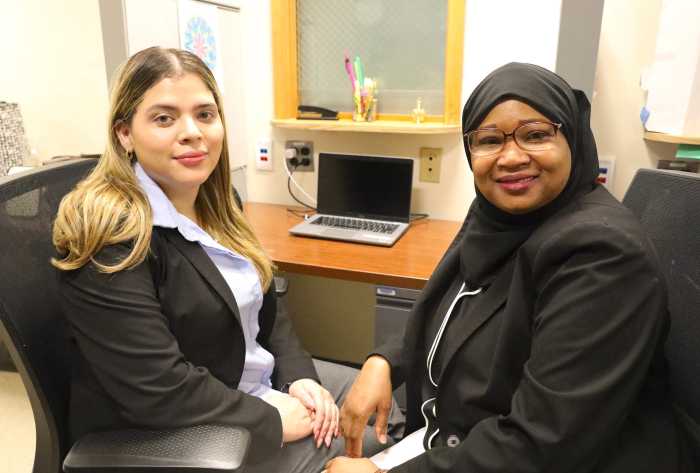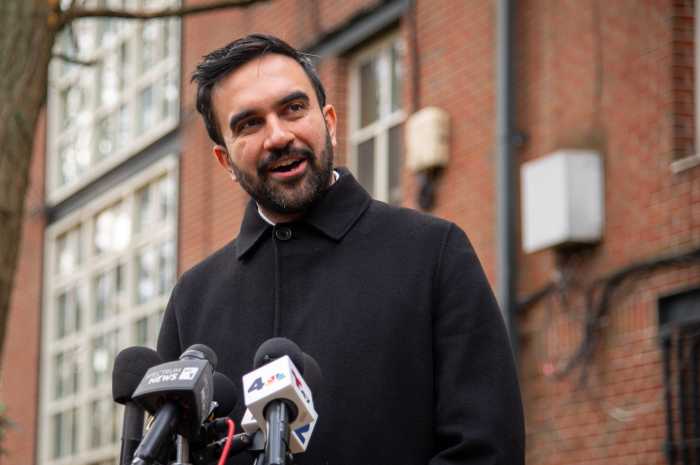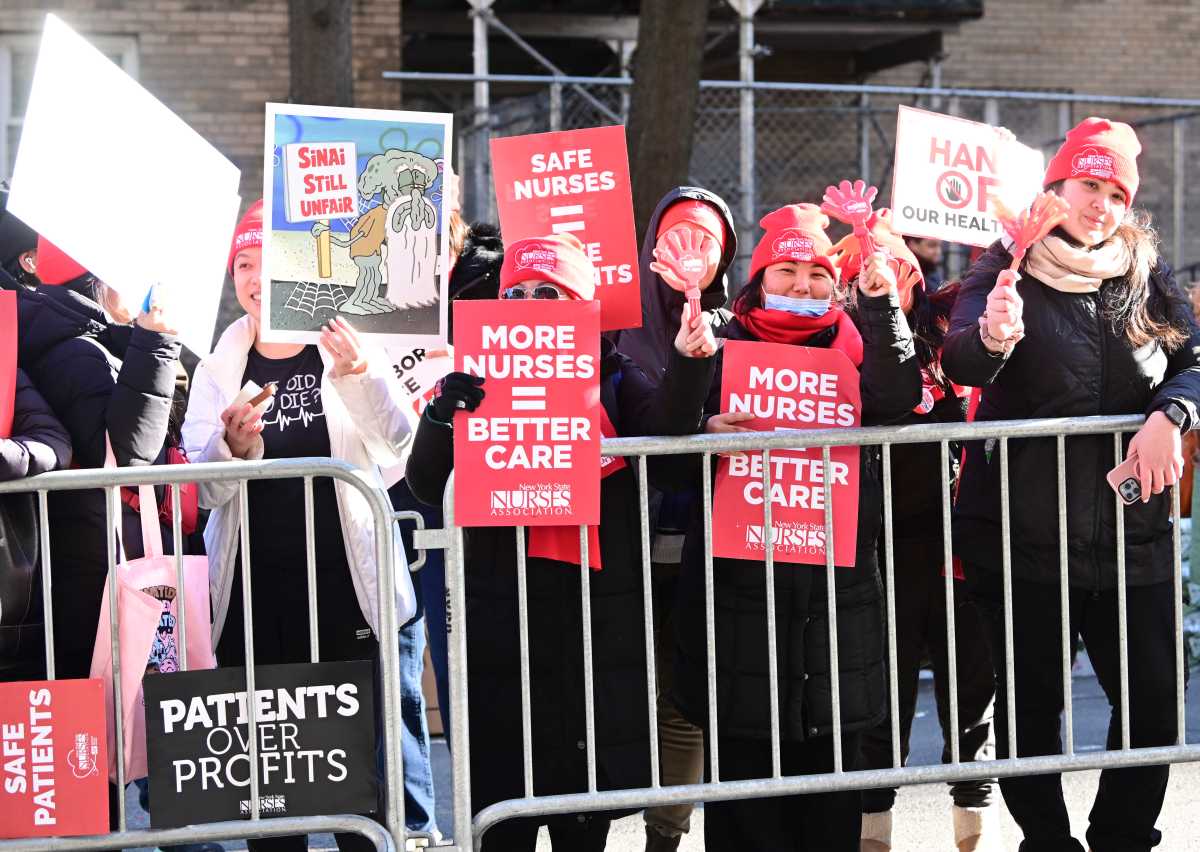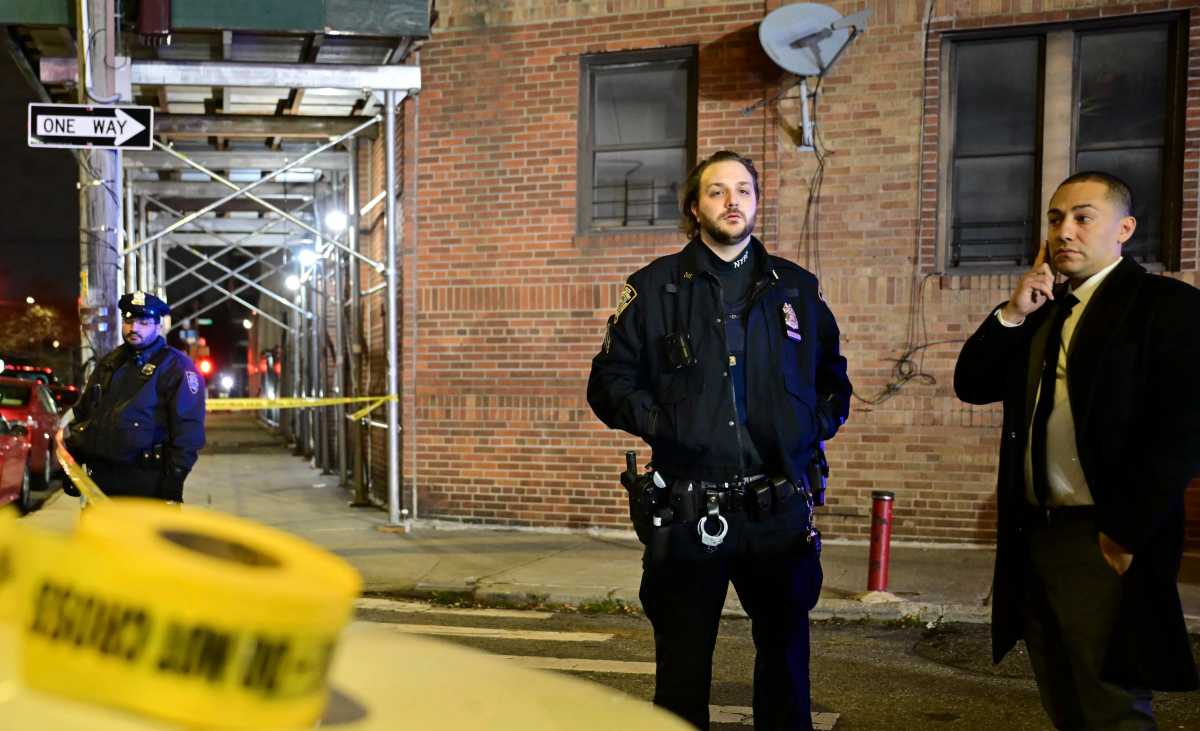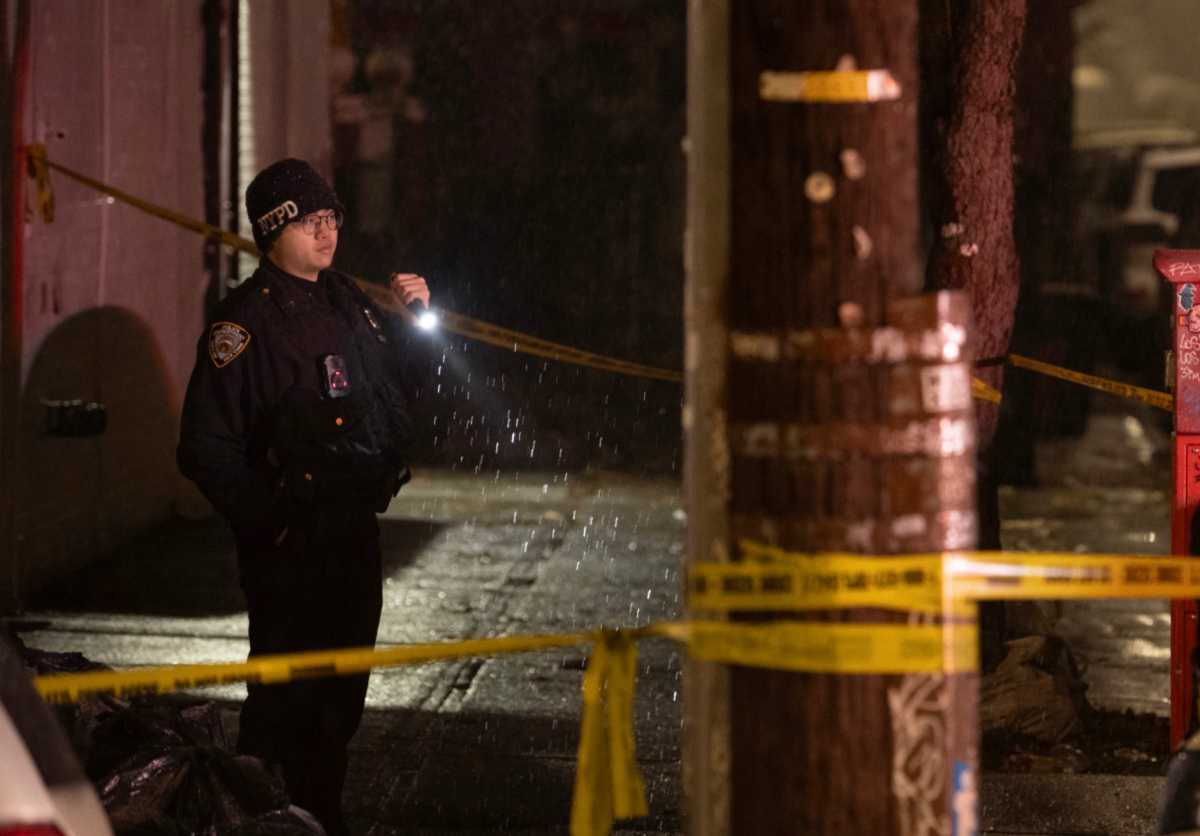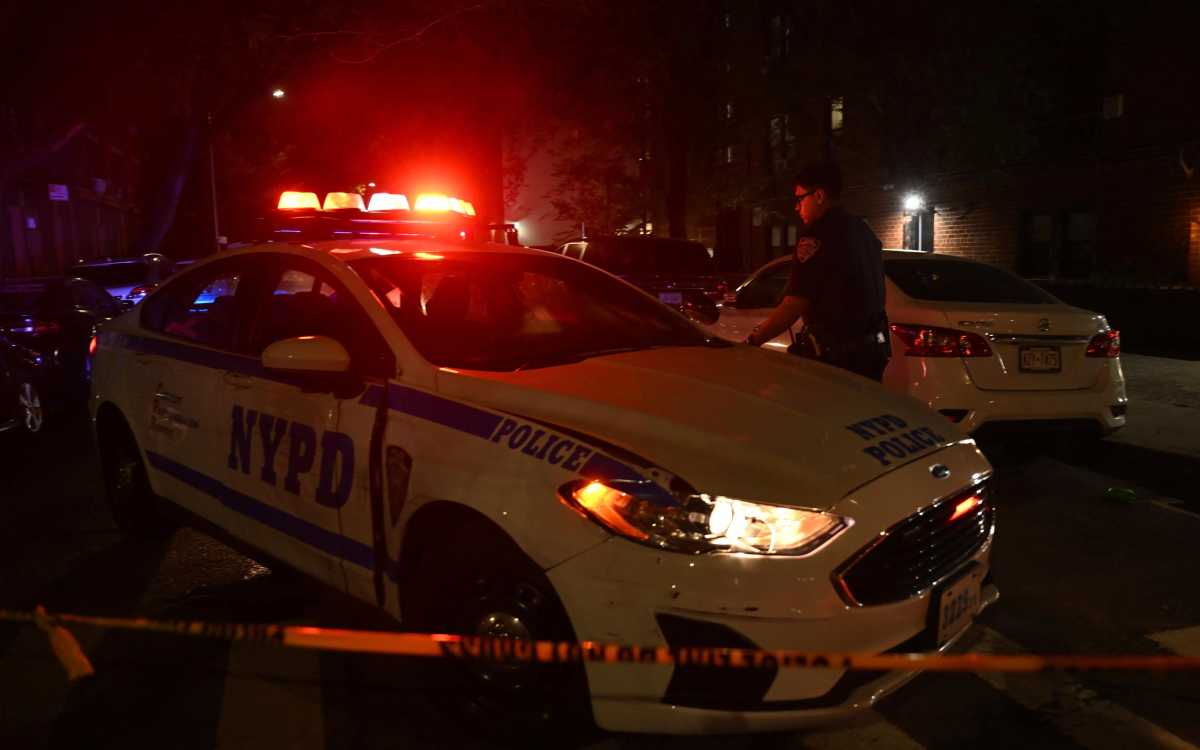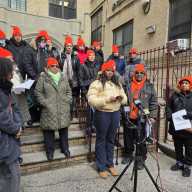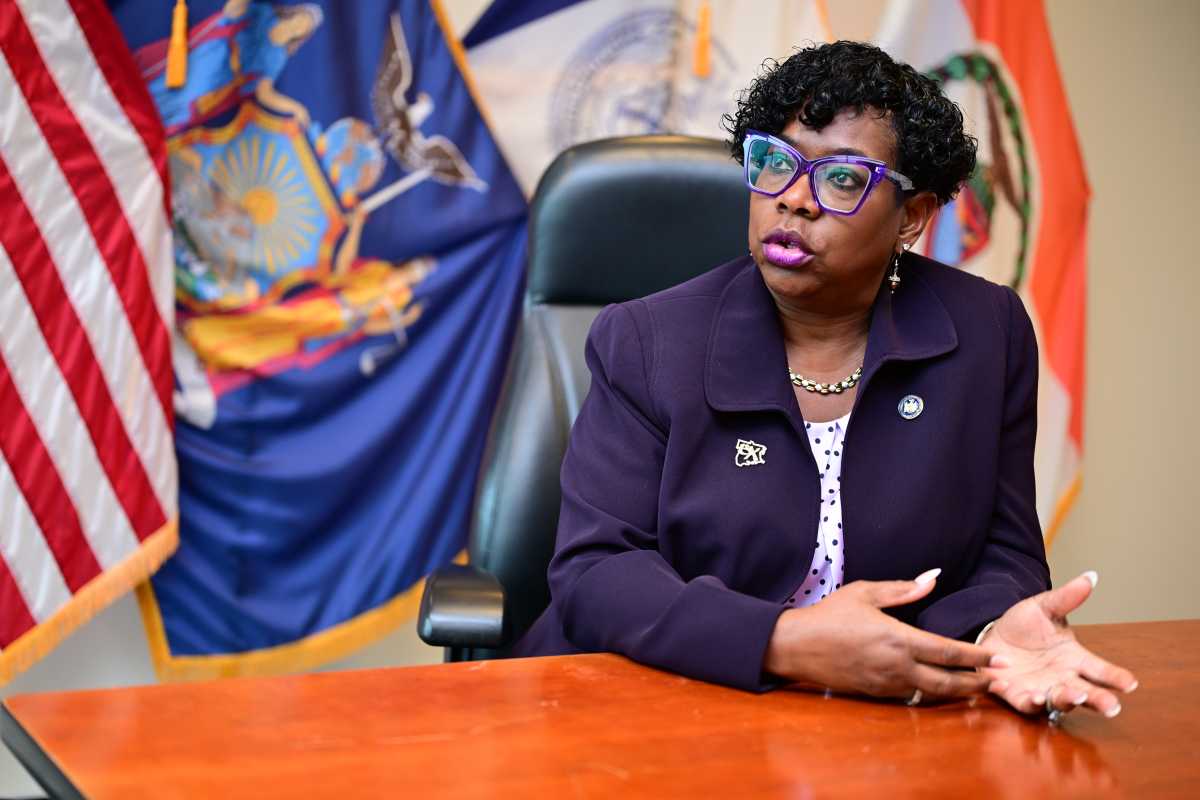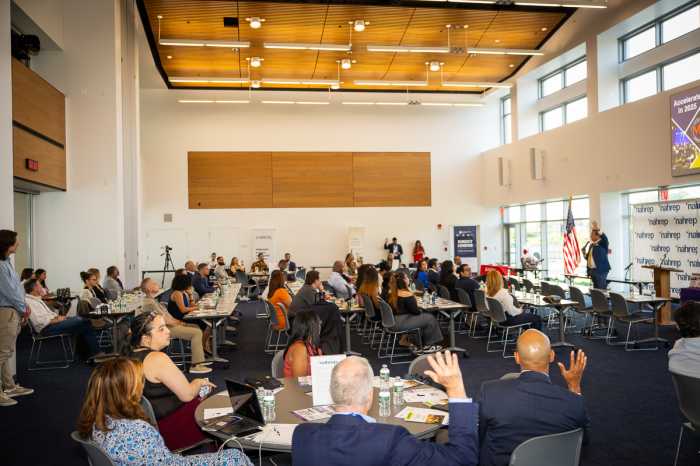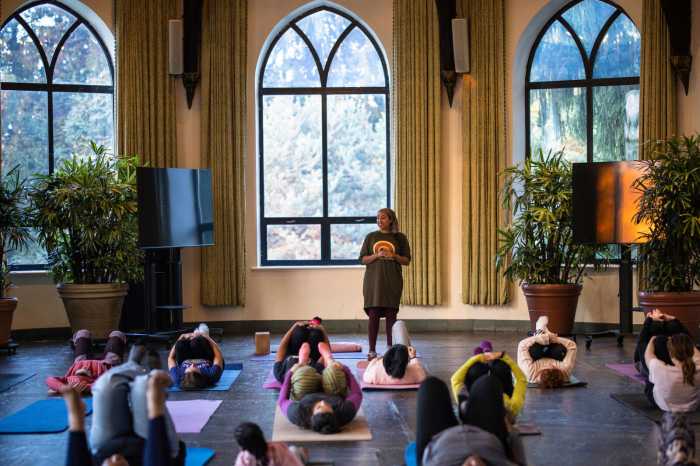Breast cancer is one of the most prevalent forms of cancer, affecting up to one in eight American women, according to the American Cancer Society — but promising research into breast cancer vaccines may provide the key to knocking out the disease.
Current treatment includes surgery, radiation therapy, chemotherapy and hormonal therapy, but no vaccines exist on the market to prevent and treat the disease, according to Dr. Marie Ward, director of breast surgery at Jacobi Hospital, who recently shared progress into breast cancer vaccine trials for the women’s health magazine “Flow Space.”
Breast cancer vaccines have become an area of growing investment and interest, and a recent “breakthrough” trial vaccine provided a strong immune response in 75% of early-phase participants.
According to Ward, 15 trials are currently underway across the U.S. to develop vaccines to prevent and treat breast cancer, which could fight an infection and stop it from spreading, and also prevent cancerous cells from growing.
Some trials have reached phases two and three, meaning the treatment is given to larger groups of people to test efficacy, side effects and safety. Once a treatment reaches stage four, it is approved by the Food and Drug Administration (FDA) for general use, and physicians continue to study the medication as used by the general public.
Successful vaccines must be personalized to each individual cancer while also providing a base treatment, according to Ward.
“We’re learning to distinguish between shared antigens, which are common across many tumors, and personalized neoantigens, which are unique to each patient’s cancer,” Ward said to the outlet. “Both have potential, but personalizing the immune response could offer stronger, longer-lasting protection.”
With breast cancer rates increasing by about 1% per year in recent years — and up 1.4% per year in women under the age of 50 — these vaccine trials provide hope for slowing disease rates in the near future.
American women have about a 13% chance of developing breast cancer in their lifetime, according to the American Cancer Society. The organization estimates that more than 42,000 U.S. women will die of breast cancer in 2025, with Black women at the highest rate of death.
In the Bronx and nationwide, breast cancer mortality rates have overall decreased but remain higher among Black and non-Hispanic white women, compared to Hispanic women.
As research continues, the signs are promising, Ward told Flow Space.
“We’re likely to see vaccines used alongside existing therapies — chemotherapy, targeted drugs and immunotherapy — for a synergistic benefit,” she said. “It’s about boosting the immune system in a smarter, more targeted way.
“But the lessons we’re learning now are invaluable. They’re helping us build smarter, safer and more effective vaccines and bringing us closer to a future where cancer prevention is proactive, not reactive.”
People in need of breast health treatment can contact NYC Health + Hospitals/Jacobi at 718-918-5000.
Reach Emily Swanson at eswanson@schnepsmedia.com or (646) 717-0015. For more coverage, subscribe to our newsletter and follow us on Twitter, Facebook and Instagram!

